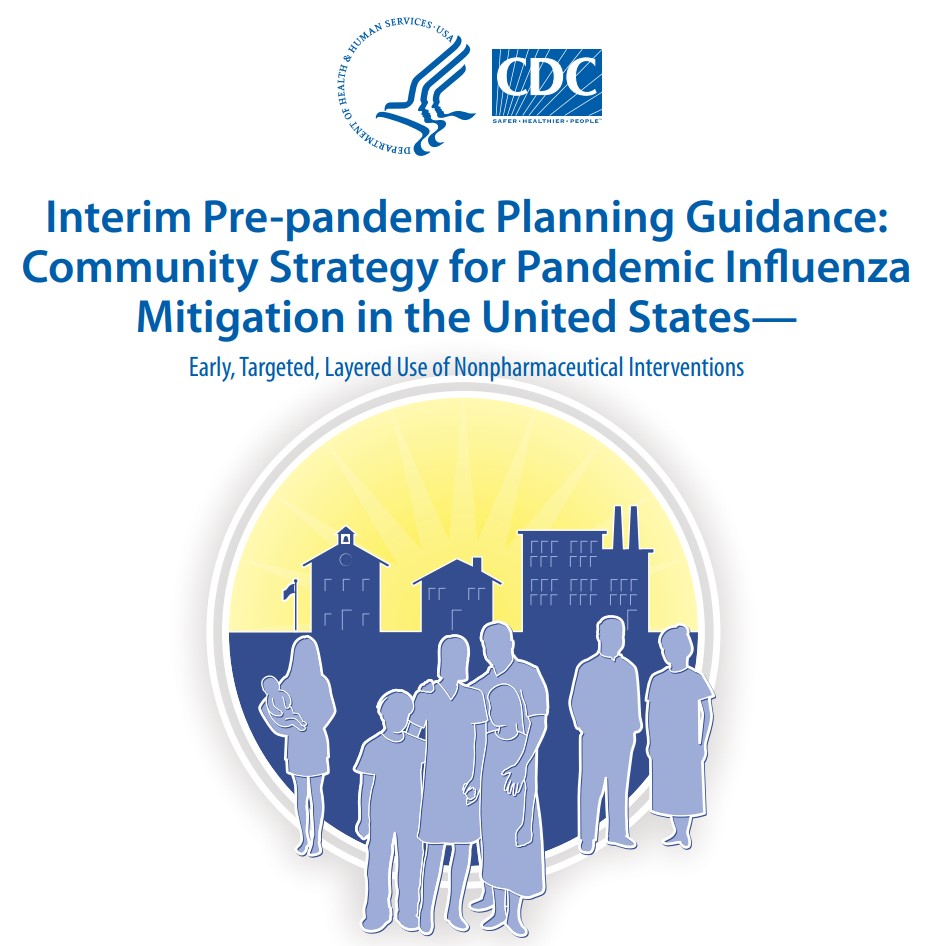The Wall Street Journal says the CDC “misrepresented the data” regarding teen COVID-19 hospitalization and “played down” adverse mental health effects of lockdowns among teens. It needs to be said. The CDC didn’t play anything down or misrepresent data. They out and out lied.
The Centers for Disease Control and Prevention released a report last week warning that adolescent hospitalizations due to Covid-19 were on the rise. The media picked up the message and ran with it. But it isn’t true. The CDC misrepresented the data and played down a more important finding that provides further evidence that pandemic-control measures are likely having a serious adverse impact on young people’s mental health.
The CDC truncated its analysis at the precise date—April 24—that would cast an increase in teen hospitalization in the worst possible light. The 10% rise in early March that attracted so many headlines was similar to rises in other age groups and had declined sharply by late April. Adolescent hospitalizations for Covid-19 were back down to 0.6 per 100,000 by late May, before the CDC report was published, and well below the rate of 2.6 for the adult U.S. population. Moreover, Covid cases among children in 2021 have now fallen by 84% and hospitalizations are down by 69% since January, thanks largely to adult vaccination.
Wall Street Journal
Fucking Fauci talks about attacks on him being attacks on science itself. Well what does he have to say about the fucking science when the CDC omits data to push the narrative that teens need to be vaccinated? That pompous asshat of a bureaucrat and the bureaucrats running the CDC all need to be removed. We pay too much money to these people that seem to interested more in pushing vaccines on children for diseases at which they are not at risk.
Here’s the other lie of omission from the CDC on the effects of lockdown on American’s youth.
20% of teen hospitalizations in the study between Jan. 1 and March 31, 2021, were for psychiatric emergencies, not Covid. Although pandemic-related closures have made it difficult to study the mental health of children during the past year, the available data point to a crisis. Lockdowns and school closures have led to greater incidences of obesity and eating disorders, according to experts at the Stanford Children’s Health network. Since the start of the pandemic, overall health-care utilization rates have been low and many “elective” visits, including mental-health services, were unavailable. This exacerbated what the CDC has identified as a pre-existing mental-health treatment gap for children in the U.S.
Wall Street Journal
